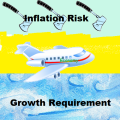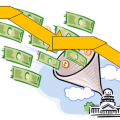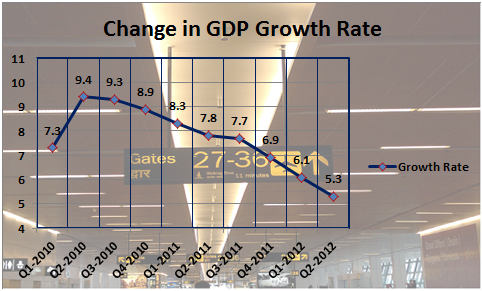US economy has started growing after bottoming out after Lehman Brothers collapse giving jitters to developing economies on the way. With the hope of US Government’s tapering of Quantitative Easing Program sooner than expected, market is upbeat about prospectus of US. We all have heard about US Quantitative Easing numerous times but ever thought what it is.
In QE program, central bank buys long term government securities from secondary market. Participants of secondary market are mostly commercial banks, corporate houses and few individual investors (generally high net worth individuals). Participants now have more money to perform economic activity and boost the overall economy.
Why QE instead of other means?
One may argue that there are other means of providing money to market such as reducing interest rate, CRR, SLR etc. Of course those are other means of providing money to economy. However, if interest rates are already to the bottom then central bank may not reduce interest rate. CRR and SLR may free up fund with banks to lend out, however, that does not signal to investment community that government has money and is upbeat about the prospect of money. When government buys security then that sends a signal to the whole world that government believes in its economy and it has the capability to pay back; Government Securities hold guarantee from government and if it can pay back then security of investment is reaffirmed.

Impact
- Inflation may rise. However, if the money made available by QE is invested in industries or to enhance productivity then the growth, thus, generated may surpass growth of inflation. In fact, QE may control bottoming out of inflation (even deflation).
- It may cause reduction in the value of currency. The value also depends on whether the money results in economic growth or hoarding of surplus money. Either way, reduction in value of currency gives benefit to exports and loss to imports. Benefit to exports further boosts economy.
- It causes income inequality because economical upscale individuals get a benefit which may dwindle down more or less to economical weaker section of society.
- With the money spent to buy government securities, government has lesser money to spend on social needs and infrastructure. In this case, government may need to encourage private players to invest in social causes.
- There is also a risk that the money now available be spent on emerging economies that may give higher return.



